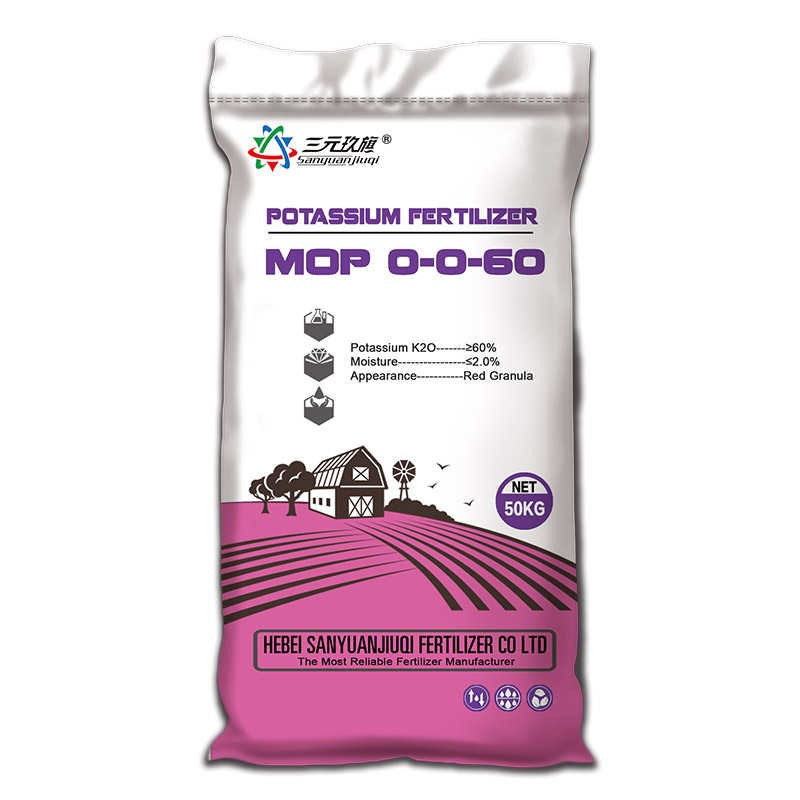What is potassium fertilizer good for?
"What is potassium fertilizer good for?" This seemingly simple question unveils the intricate role that potassium plays in fostering robust plant growth and ensuring agricultural productivity. Delving into the depths of plant physiology, we uncover the nuanced reasons behind the necessity of potassium fertilizer, exploring its impact on plants, soil health, and ultimately, global food production.
Understanding the Plant's Need for Potassium:
Potassium, an essential macronutrient, plays a pivotal role in various physiological processes within plants. From enzyme activation to the regulation of water uptake and photosynthesis, potassium is a multitasking powerhouse. The initial answer to our question lies in the fact that potassium fertilizer is instrumental in meeting the specific nutritional needs of plants, contributing to their overall health and vigor.
The Interplay of Potassium in Plant Physiology:
Potassium influences the structure and function of plant cells, enhancing their ability to withstand environmental stressors. It facilitates the movement of water and nutrients within the plant, ensuring optimal growth and development. Moreover, potassium regulates the opening and closing of stomata, the tiny pores on leaves, influencing water loss and gas exchange. This fine-tuned control contributes to the plant's resilience in the face of changing climatic conditions.
Balancing Act in Soil Health:
The application of potassium fertilizer For Plants extends beyond the plant itself, influencing the overall health of the soil. Potassium plays a crucial role in cation exchange capacity, promoting soil structure and nutrient availability. By fostering a balanced nutrient profile in the soil, potassium contributes to the creation of an environment conducive to plant growth. This interplay underscores the interconnected relationship between plant and soil health.

Significance in Agricultural Productivity:
As we zoom out to the broader agricultural landscape, the significance of potassium fertilizer becomes even more apparent. In large-scale farming operations, where nutrient depletion is a constant challenge, supplementing potassium becomes an indispensable practice. Boosting potassium levels in the soil enhances crop yield, improves crop quality, and fortifies plants against diseases and pests. The ripple effect is felt across the entire food supply chain, ensuring a sustainable and reliable source of nourishment.
Global Implications for Food Security:
The impact of potassium fertilizer transcends individual fields and farms; it extends to the global challenge of food security. In a world with a burgeoning population, ensuring an adequate and nutritious food supply is paramount. Potassium fertilizer emerges as a key player in this narrative, contributing to increased crop yields, improved nutritional content, and the resilience of agricultural systems in the face of evolving environmental conditions.
Conclusion: Nurturing Growth from the Ground Up:
In conclusion, the question "What is potassium fertilizer good for?" unravels a narrative that goes beyond the mere application of nutrients to plants. It delves into the intricate dance of plant physiology, the delicate balance of soil health, and the far-reaching impact on global food security. As we recognize the multifaceted role of potassium in fostering agricultural productivity, we affirm its status as a crucial element in nurturing the growth of a sustainable and food-secure future.
229
0
0


Comments
All Comments (0)